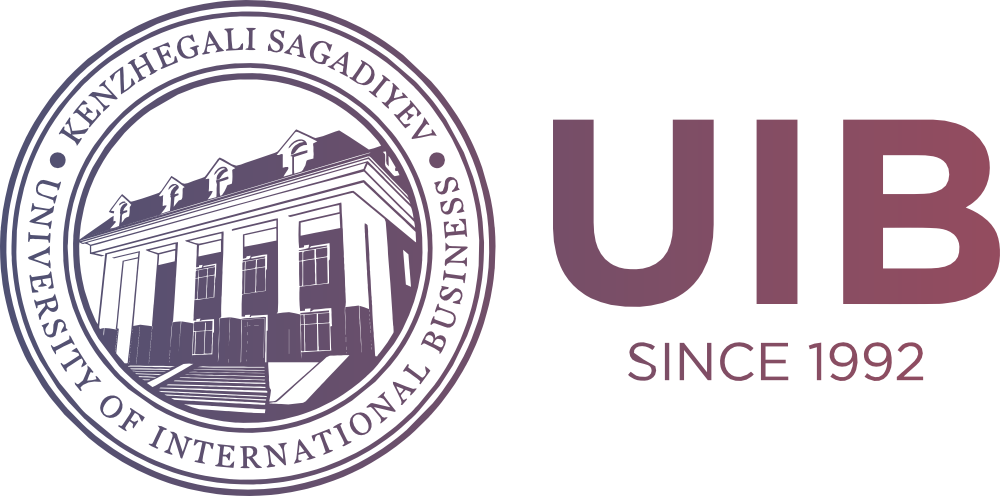Higher Education and Urban Development: Market Dynamics and Gender Differences
DOI:
https://doi.org/10.47703/ejebs.v68i1.360Keywords:
Higher Education, Urban Development, Economic Development, Accessibility of Education, Gender, MigrationAbstract
The study is devoted to analyzing the impact of higher education on urban development, with an emphasis on the cities of Kazakhstan. The paper examines the role of universities in economic growth and the social and cultural life of cities, as well as the impact of the quality of educational programs on the employment of graduates in the context of meeting the requirements of the labor market. The problems of obsolescence of the theory of human capital development against the background of the development of artificial intelligence and changes in the employment structure caused by digitalization are highlighted. The authors draw attention to the contradictions between urban development and the decline of small settlements caused by heterogeneity in access to the Internet and digital technologies. The issue of gender disparity in access to education and its impact on employment is raised. The study presents the results of an initial survey of Kazakhstan students to identify their expectations of university education and its role in future employment. Hypotheses about the perception of the competitiveness of diplomas, the correlation between accessibility and quality of education, and gender differences in the assessment of these aspects are analyzed. The study's results emphasize the importance of cooperation between the state and educational institutions for the development of cities and the training of qualified specialists capable of meeting the needs of the modern labor market.
Downloads
How to Cite
Downloads
Published
Issue
Section
License

This work is licensed under a Creative Commons Attribution 4.0 International License.
Authors retain copyright and grant the journal right of first publication with the work simultaneously licensed under a Creative Commons Attribution (CC-BY) 4.0 License that allows others to share the work with an acknowledgment of the work’s authorship and initial publication in this journal.



